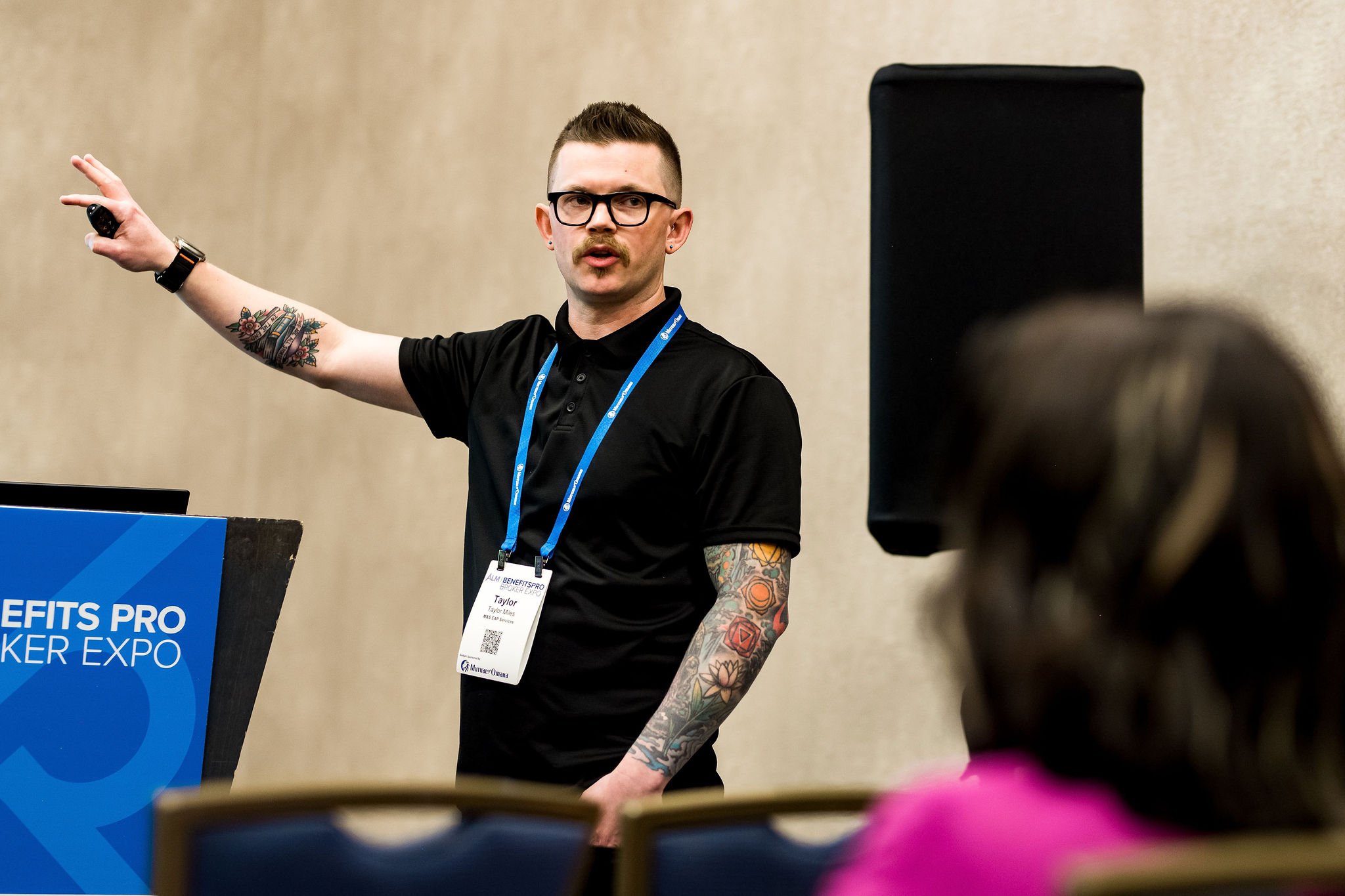CHICAGO (AP) — Laws strictly curbing school sales of junk food and sweetened drinks may play a role in slowing childhood obesity, according to a study that seems to offer the first evidence such efforts could pay off.
The results come from the first large national look at the effectiveness of the state laws over time. They are not a slam-dunk, and even obesity experts who praised the study acknowledge the measures are a political hot potato, smacking of a "nanny state" and opposed by industry and cash-strapped schools relying on food processors' money.
But if the laws have even a tiny effect, "what are the downsides of improving the food environment for children today?" asked Dr. David Ludwig, an obesity specialist at Harvard Medical School and Boston Children's Hospital. "You can't get much worse than it already is."
Children in the study gained less weight from fifth through eighth grades if they lived in states with strong, consistent laws versus no laws governing snacks available in schools. For example, kids who were 5 feet tall and 100 pounds gained on average 2.2 fewer pounds if they lived in states with strong laws in the three years studied.
Complete your profile to continue reading and get FREE access to BenefitsPRO, part of your ALM digital membership.
Your access to unlimited BenefitsPRO content isn’t changing.
Once you are an ALM digital member, you’ll receive:
- Critical BenefitsPRO information including cutting edge post-reform success strategies, access to educational webcasts and videos, resources from industry leaders, and informative Newsletters.
- Exclusive discounts on ALM, BenefitsPRO magazine and BenefitsPRO.com events
- Access to other award-winning ALM websites including ThinkAdvisor.com and Law.com
Already have an account? Sign In
© 2024 ALM Global, LLC, All Rights Reserved. Request academic re-use from www.copyright.com. All other uses, submit a request to [email protected]. For more information visit Asset & Logo Licensing.








